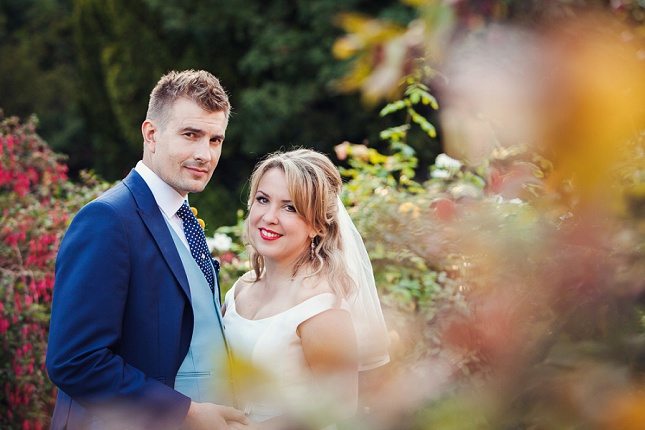It’s not hard to see the appeal of getting married in the UK, no matter what your wedding style – glamorous London hotels, rustic countryside barns, historic castles and drama coastal venues. We’ve got it all.
But if you’re planning a UK wedding from abroad, it can definitely be a little more than overwhelming when you look at the process for getting legally married here. We have one of the strictest marriage laws in the world, and it can be easy to feel daunted by the prospect. So I’ve put together a little how-to overview to walk you through it all.
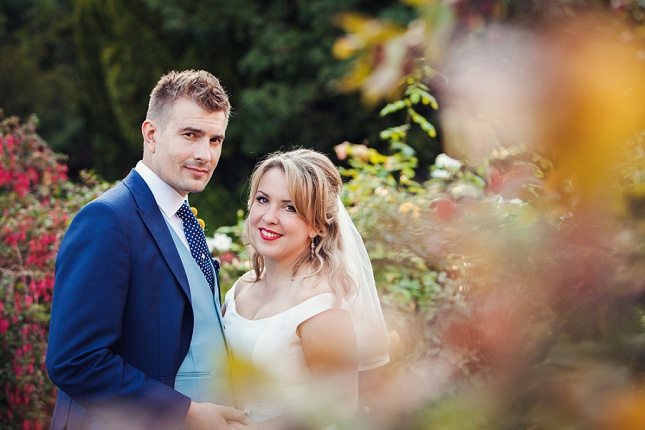
Finding a Venue
The first thing you need to do is find a venue – explore the type of places you might like to hold your celebration in and start your search. When you give your notice of marriage with the local register office, you will need to give the information about your chosen venue, and if the venue changes after you have received the authorisation to marry, you have to start all over again. So you need to get the venue locked down.
UK law recognises both civil and religious ceremonies. In England and Wales, a marriage can take place in either an Anglican church or other religious building registered for marriage. Civil ceremonies can take place at a register office or approved venue and may not contain any religious content.
If you want to keep your ceremony and reception in one place, look for venues that have a civil license so you can get legally married there. Alternatively, you can book a venue just for your reception and hold the legal ceremony at the register office itself.
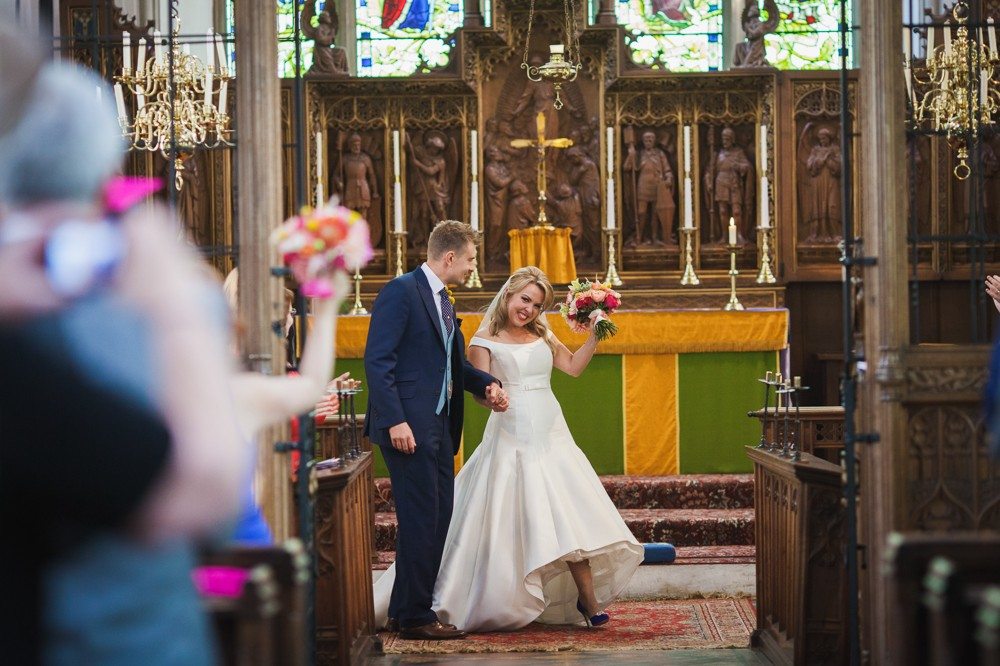
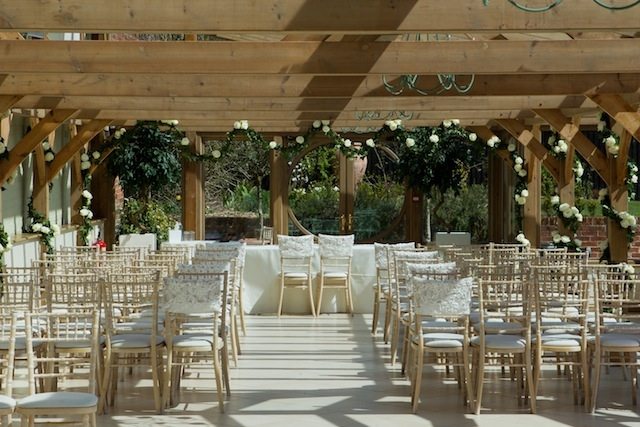
Giving Notice & Paperwork
To receive authorisation to marry, both of you must have at least *seven full consecutive days and nights residence in a registration district before you can give your notices at a register office, which means you’ll be in a hotel nearby your chosen venue for a week.
The following documentation and information is required from each party when giving notice at a register office:
● Full name and address
● Age
● Nationality
● Current status (single, divorced, widowed/widowered); proof of divorce or dissolution of a civil partnership is required if applicable
● Occupation
● Information on the intended venue for the marriage
● Couples subject to immigration control may need to provide additional documents (Certificate of Approval or visa)
Proof of identity, such as a passport, should be taken, with if applicable, proof of divorce or dissolution of a previous partnership. It costs £35 per person to give notice, so £70 per couple. The office will accept cash or a card payment.
The notice will be posted in the register office for 28 days, after which point you can legally marry here, and you must marry within a year, otherwise you have to start the process again. Once the notice comes down, you will be sent information from the register office explaining what comes next.
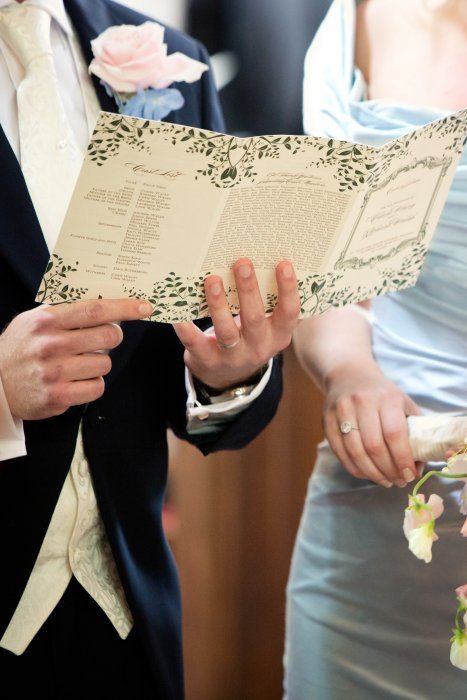
Supplier Meetings
The week that you have to spend in the area is a great opportunity to see the venue, if you haven’t already, as well as do all the wedmin you can’t do from home like food tastings and meeting with suppliers like florists and wedding planners.
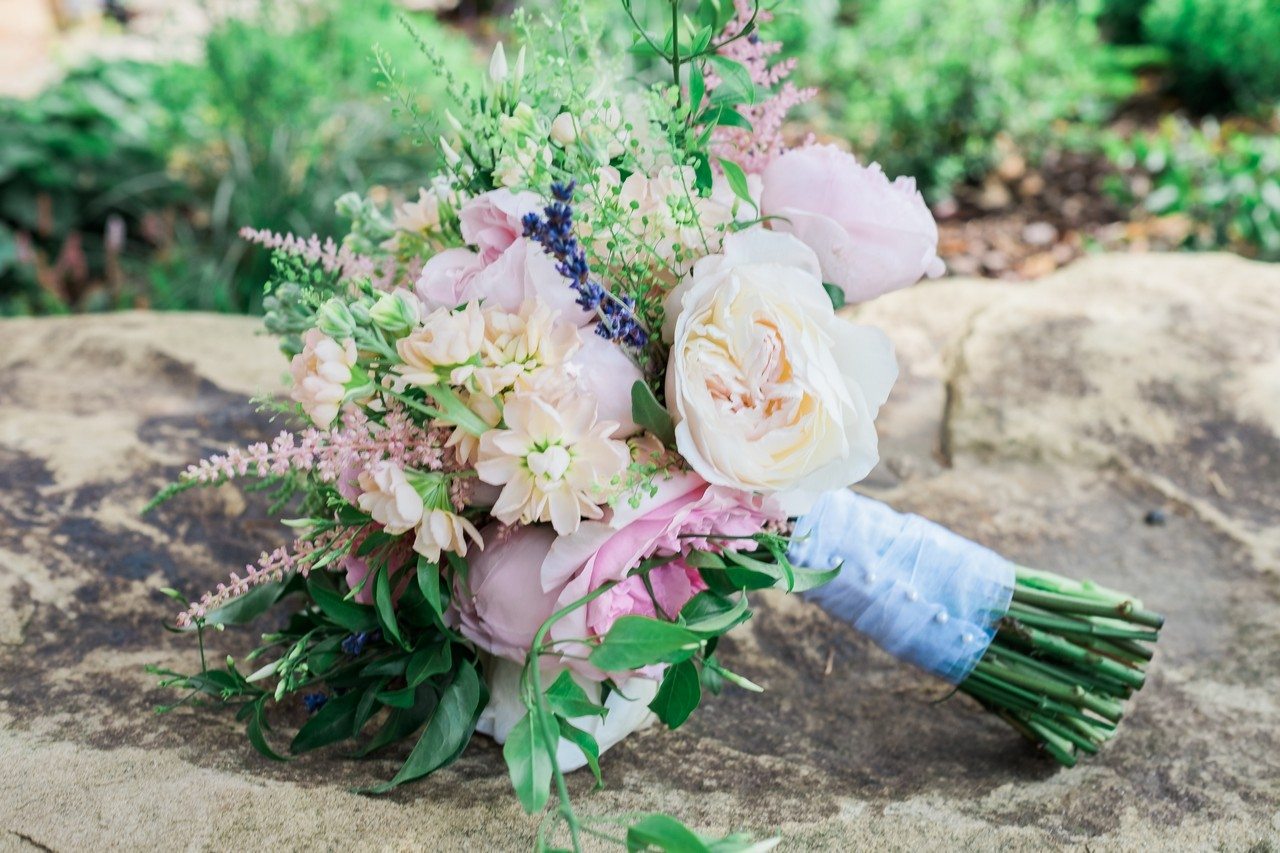
Though so much can be done remotely these days, the peace of mind of having met some of your suppliers is a big one. So if you aren’t able to make the trip over again before the wedding, make sure you book these appointments in ahead of time and try to fit in as much as you can.
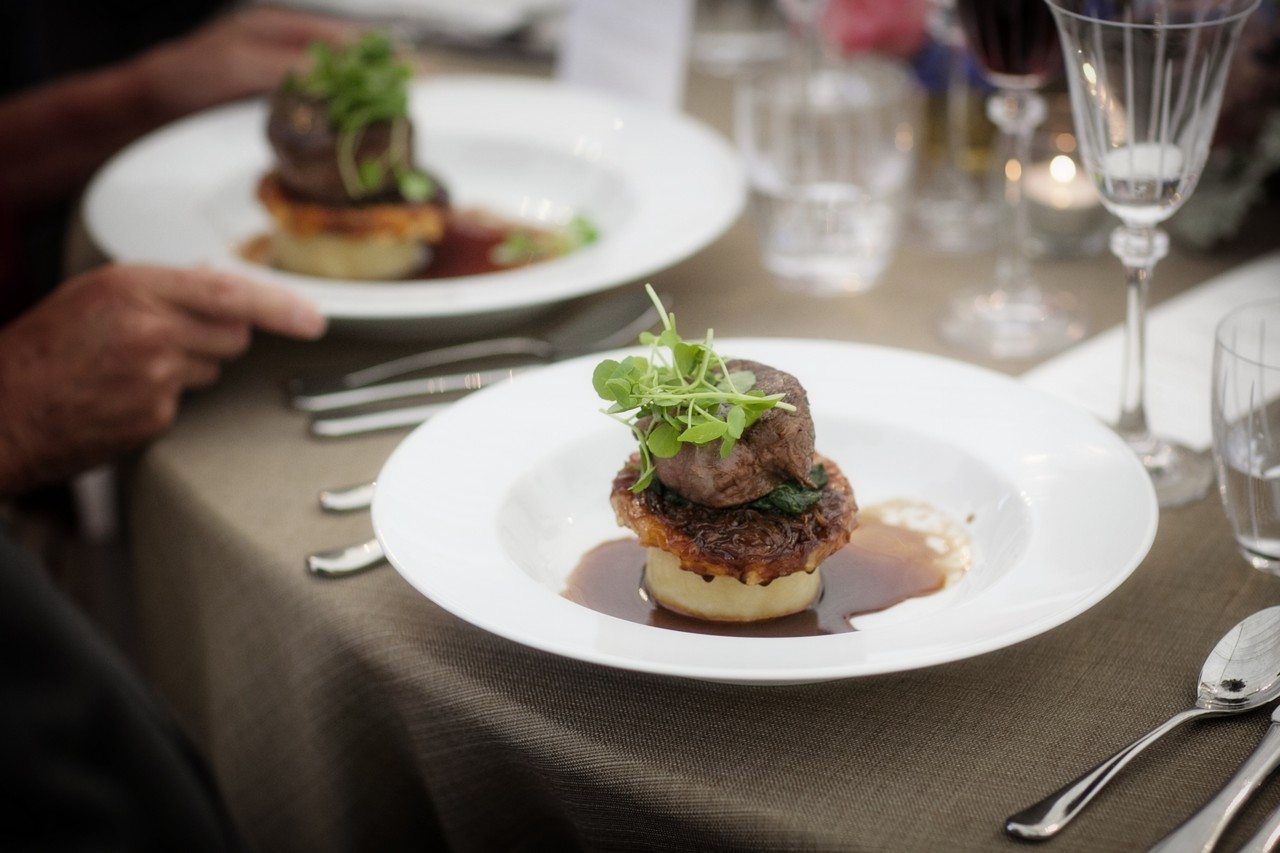
Making the Most of a UK Wedding
Odds are if you’re travelling over from abroad to get married in the UK, your guests will be coming from far and wide too. For them, this will be a holiday as well as a chance to witness your marriage, so it’s a great idea to prolong the festivities and enjoy their time in this beautiful country!
The day before the wedding is when you’ll typically get arrivals from abroad, so why not put on a welcome event for your travellers? An informal event the night before to greet your guests and relax with them before going into the big event of the next day. Or make a day of it and organise a day trip to explore some of the local areas where you are staying. If you’re in the country, head for the nearest National Trust location and soak up some history, organise group horse riding through the forests, or visit a local farm shop to for a wine and cheese tasting!

The next day calls for more relaxation and hanging out with your family and friends before they make their way back home, or travel on to see more of the country. Put on an informal breakfast or brunch to say goodbye and reminisce about the night before. Hold your brunch at the hotel you’re staying at or at a recommended local establishment to get the full British experience!
If you do have guests coming from abroad, make sure you give them as much information as possible about where they are staying – how to get around, what there is to see and do, etc. Make a fun little info pack so your guests can be self-sufficient for their weekend away!
Photo Credits:
Kerry Morgan, Simon Carr, Tim Bowden Weddings, Contre Jour Photography
